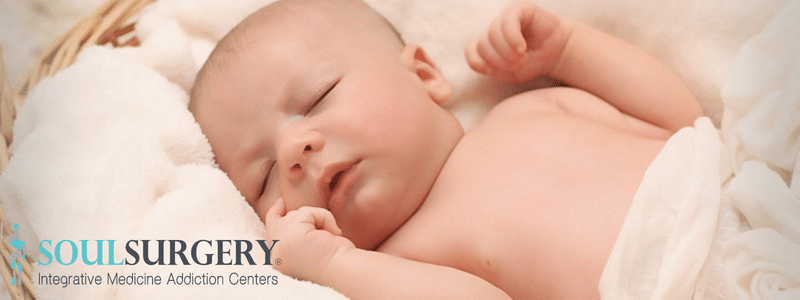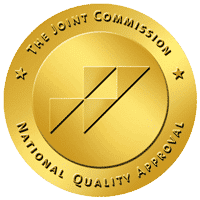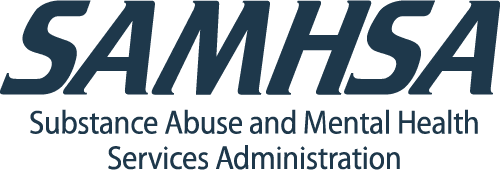
What are Fetal Alcohol Spectrum Disorders



Prenatal alcohol exposure affects approximately 2% to 5% of school-age children in the U.S. A 2021 study found that 20% to 30% of mothers drank alcohol during pregnancy. Alcohol exposure in the womb can negatively impact all aspects of a child’s development.
In this blog, we’ll look at the following:
Fetal Alcohol Spectrum Disorders (FADs) are a group of conditions that babies are susceptible to when exposed to alcohol before birth. FADs typically manifest as physical, behavioral, and learning impediments.
FAS consists of several side effects of alcohol exposure in the womb.
Among these side effects, an individual with FAS may exhibit a combination of the following:
ARND impacts an individual cognitively and behaviorally. They may experience problems with learning, memory, paying attention, and impulse control.
ARBD causes physical defects, including heart, kidney, and bone problems. They may also have auditory or vision problems and a compromised immune system.
ND-PAE affects three critical areas of development, including:

FASDs are caused by exposure to alcohol while a fetus is still developing in the womb. That said, alcohol should be avoided entirely while pregnant and when trying to become pregnant. The Centers for Disease Control and Prevention states that there’s no “limit” or “minimum” safe amount of alcohol you can consume during pregnancy.
FASDs are 100% avoidable. Abstain from any amount of alcohol during pregnancy and if you’re actively trying to get pregnant. This is the only effective method to avoid FASDs.
FASDs are a group of conditions varying in severity. When exposed to alcohol before birth, a baby may be born with one or multiple symptoms, ranging from mild to severe. Some of these symptoms are detectable immediately following delivery, while others cannot be identified until certain developmental milestones.
Signs and symptoms of FASDs in a person include the following:
FASDs are lifelong. This further emphasizes the detrimental effects of exposing unborn children to alcohol. Thankfully, even though FASDs are incurable, treatments are available to support an individual’s physical and cognitive development.
Once the signs of one or more FASDs are apparent, early intervention is vital in aiding development. There are several treatment methods available for FASD symptoms.
Behavioral, cognitive, and holistic therapies offer alternative approaches to learning, building social skills, and mental health support.
These services help the individual improve areas of their life they struggle and can include the following:

Although there’s no medication designed to treat FASDs specifically, there are options to treat and manage symptoms. For example, individuals with FASD may struggle with paying attention and hyperactivity. Medications such as stimulants can aid in concentration and impulsive behavior.
Another example of how medication can relieve FASD symptoms includes using antidepressants or anti-anxiety medications to improve mental health. Other medicines, like neuroleptics, can help with problematic behavior.
Working with a medical specialist can help to improve physically manifested symptoms such as:
Along with helping a child with FASDs, parents also need support. Due to the effects of FASDs, a child may not respond to standard parenting practices. Parent training aids parents with methods that are effective for their children.
Parents learn how to provide a stable home environment, especially during the school years. Tools taught in parent training support a child’s development in learning and behavior. Likewise, parents themselves may need a form of therapy or outlet to release stress and worry.
If you’re a parent-to-be or are currently trying to become pregnant and struggle with alcoholism, reach out. The effects of alcohol on an unborn child are detrimental and will likely impact them their entire life.
At Soul Surgery, we offer a variety of recovery treatments for alcohol addiction. With the proper support and motivation, sobriety is within your reach. Contact us today to learn more about our services and how we can help you with your future family goals.







Take the first step in your journey to recovery.
"*" indicates required fields